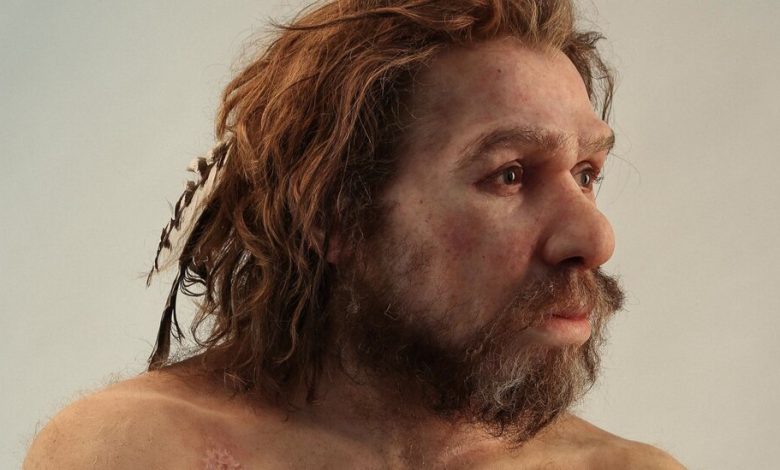Savages! Innocents! Sages! What Do We Really Know About Early Humans?

THE INVENTION OF PREHISTORY: Empire, Violence, and Our Obsession With Human Origins, by Stefanos Geroulanos
History may not be bunk, but prehistory is: So argues Stefanos Geroulanos in his spirited new book, “The Invention of Prehistory: Empire, Violence, and Our Obsession With Human Origins.” Best-selling authors like Yuval Harari, Jared Diamond and Steven Pinker have all distilled (or cherry-picked) research about early humanity in order to make grand claims about the near inevitability (or impossibility) of human progress. Even “The Dawn of Everything” (2021), by David Graeber and David Wengrow, which took issue with the simplistic narratives offered by the Big Thinkers with their Big Books, provided an alternative narrative of its own — that of early human communities experimenting and making do without resorting to structures of hierarchy and domination.
Geroulanos expends few words addressing his contemporaries, preferring instead to guide us through several centuries of research into (and consequent conjecture about) human origins. “The Invention of Prehistory” begins around the mid-18th century, moving through various concepts of early humanity to conclude that even as our knowledge of specifics becomes undeniably richer and more detailed, our sense of the bigger picture remains tenuous and subject to change.
I already anticipate some grumbling from fans of Harari & Co. that Geroulanos, a professor of European intellectual history at New York University, is advancing an anti-science argument. He is not. He has plenty of praise for geneticists and paleontologists who have enlarged our understanding of various areas of inquiry, including human migration, food intake and the Neanderthal genome. What both fascinates and troubles him is our seemingly irrepressible urge to look to the lives of early humans — to that mysterious time before recorded history — to tell us who, essentially, we are. Not to mention that such interpretations can condition how we relate to others: Prehistoric “findings” have been used to shore up a prejudice, justify an injustice or expand an empire.
“Human origins are not mere abstractions,” Geroulanos writes. “Nor are they simple prompts for thought experiments and pure scientific inquiry. Promises and violence have regularly been unleashed in their name.”
Geroulanos dates the invention of prehistory, at least as we understand it, to sometime around 1750, when Enlightenment imperatives meant that religious tales of creation would no longer do. In 1651, Thomas Hobbes had already declared that “man is wolf to man” in the state of nature, and so it was in everyone’s interest to submit to a sovereign for protection from fellow humans. A century later, Jean-Jacques Rousseau argued something different. Disgusted by the extreme inequality in French society, Rousseau proposed that the “noble savage” had instead been corrupted by civilization. He assumed an analogous notion of childhood: innocent and pure. “Man is born free,” he wrote, “yet everywhere he is in chains.”





